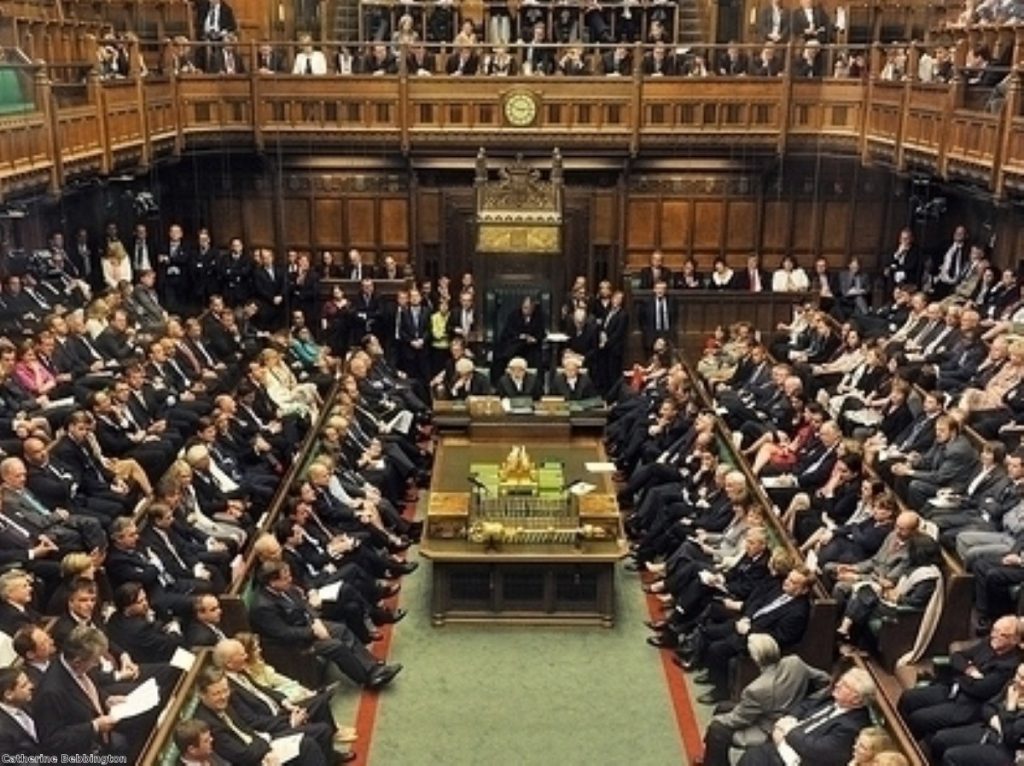Fixed-term bill ‘threatens parliament independence’
Plans to introduce a fixed-term parliament could undermine parliament’s independence from the courts, a senior official has warned.
Malcolm Jack, clerk of the House of Commons, is worried proposed legislation to create fixed-terms of five years could undermine parliament’s ‘exclusive cognisance’ – control of its own affairs.
He told MPs on the political and constitutional affairs committee the Speaker’s unchallengeable jurisdiction over the Commons’ affairs could be undermined by legal challenges.


“No one is able to question the Speaker’s rulings outside this place. My belief is clause two of the bill enables some questioning of those decisions in the courts,” Dr Jack said.
The fixed term parliaments bill receives its first major debate on the floor of the
Commons next Monday, when MPs will debate its second reading.
It did not receive a draft legislation scrutiny phase, which Dr Jack said he regretted, before highlighting some of the bill’s current weaknesses.
“I’m sure the legal members of the committee will immediately realise those words are challengeable if the procedures have not been complied with under section two,” he explained.
“So the piece of paper the Speaker might sign might be regarded as invalid. It’s that sort of question that could arise in the courts.”
Procedural irregularities relating to the passing of a no confidence vote could be used to strike down an election result because of some of the Commons’ stranger conventions.
Sick members on parliament’s precincts can be ‘nodded through’ without actually voting, Dr Jack said, while MPs are entitled to cancel their own vote out by voting both ways in a division.
“Some of this may sound a bit dramatic, but a confidence motion could be a very dramatic occasion. The government might be in a very tight political situation,” he added.
On one occasion in 1974 an entire vote on the passage of the trade union and labour relations bill had to be reversed after an MP admitted he had not been on parliament’s precincts when he was nodded through. The vote was tied.
“The bill had to be called back for and the whole process had to happen again. I don’t think I need labour the point of what this would mean in terms of no confidence,” Dr Jack said.
Committee chairman Graham Allen agreed with Dr Jack that flexible interpretations of what actually constituted a ‘no confidence’ vote needed to be resolved.
And committee member Stephen Williams, a Liberal Democrat, pointed out that “sharp elbows” might be needed to ensure the required two-thirds majority of 433 MPs managed to vote in one lobby in the eight minutes currently allotted.
“These sorts of problems would become justiciable under clause two of the bill,” Dr Jack concerned.
Robert Blackburn, professor of constitutional law at King’s College London, said the two-thirds majority “sets the bar too high”.
He told the committee that a “much more minimalist reform… would solve some of the main mischiefs”, having attacked the “confusion of purpose behind this bill”.
“On the one hand [the bill’s purpose is] to deal with the immediate [political] situation… and another, which should be the main purpose, reforming the law relating to election timing. I think it’s a shame they’re not being dealt with in two separate processes.”
Prof Blackburn blamed ministers’ political motives for the shape of the bill, adding: “It is fairly clear it is driven by political self-interest of the coalition government. They want to fix the lifetime of this government, not the parliament.”









